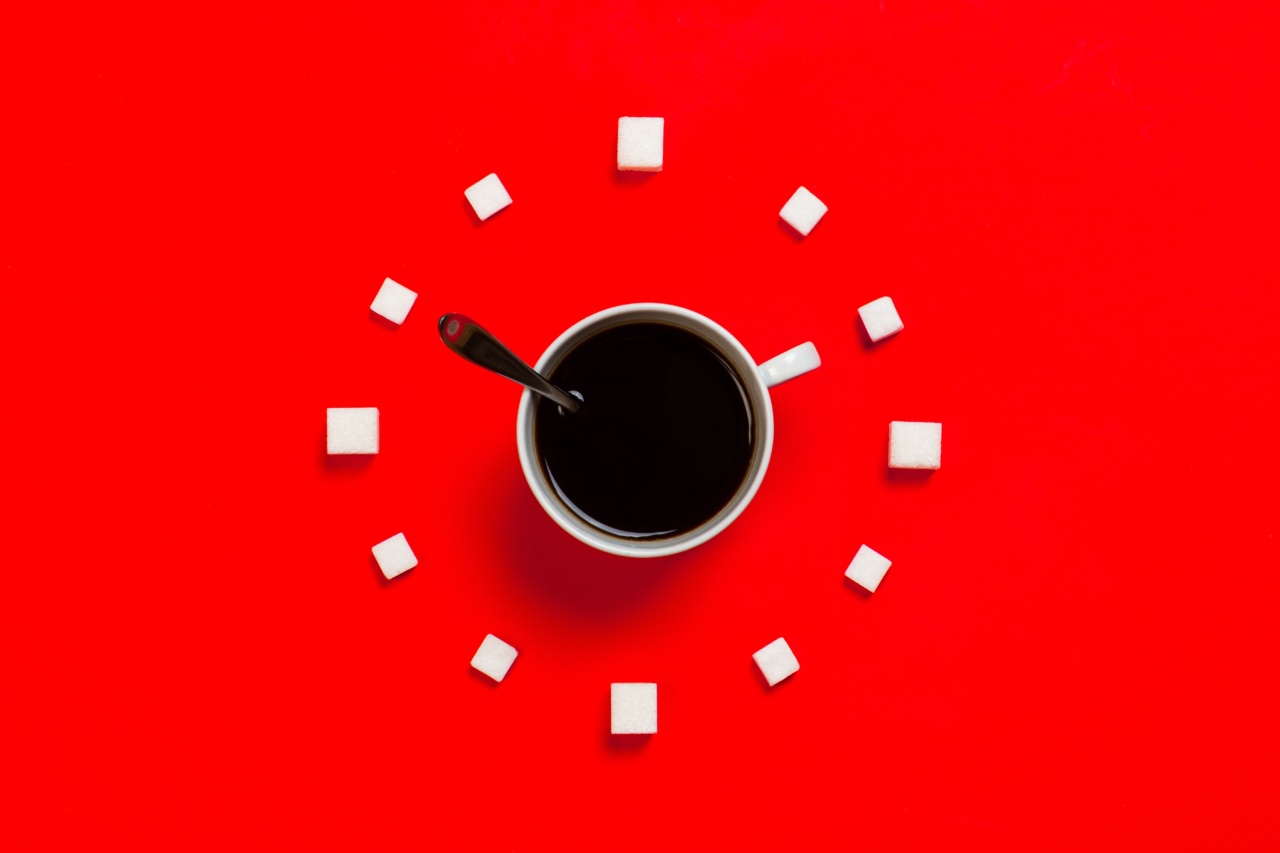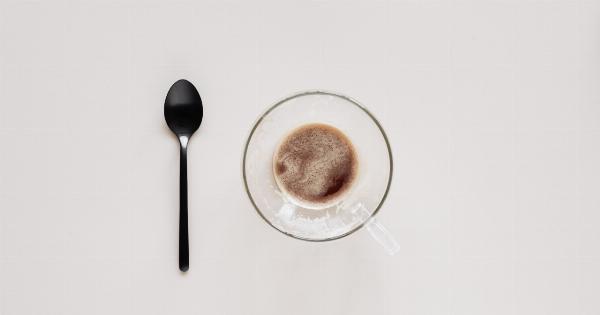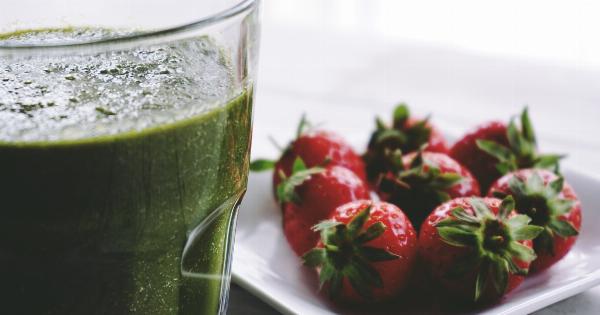For many people, coffee is a daily essential, a morning ritual that helps to kickstart their day and keep them going.
However, new research is showing that your favorite drink may be sabotaging your energy levels and negatively impacting your overall health.
The Caffeine Trap
Coffee is often consumed for its caffeine content, a stimulant that can give you a temporary energy boost.
However, caffeine can also lead to a vicious cycle of energy highs and lows, as it disrupts the natural energy cycles of the body and can create dependency.
When you consume caffeine, it triggers the release of adrenaline and other stress hormones that can increase your heart rate and blood pressure.
This can lead to a temporary feeling of alertness and energy, but it can also cause a crash in energy levels once the effects wear off. Many coffee drinkers find themselves feeling tired and sluggish in the afternoon or evening, as the effects of caffeine wear off.
The Cortisol Connection
Another problem with caffeine is its effect on cortisol levels. Cortisol is a hormone that regulates stress in the body and helps to keep energy levels steady throughout the day.
However, when caffeine disrupts the natural energy cycles of the body, it can also disrupt cortisol levels.
Research shows that caffeine can increase cortisol levels, particularly in the morning. This can lead to a feeling of stress and anxiety, as well as disrupted sleep patterns.
Over time, this constant stimulation of cortisol can lead to adrenal fatigue, where your body becomes less able to regulate stress and maintain energy levels.
The Dehydration Factor
Coffee is also a diuretic, which means it can cause dehydration in the body. Dehydration can lead to a wide range of health problems, including fatigue, headaches, and poor concentration.
Many coffee drinkers rely on their morning cup of Joe to get them going, but they may not be aware of the negative effects it can have on their energy and overall health.
If you find yourself feeling tired and sluggish throughout the day, it may be time to take a closer look at your coffee consumption.
The Alternatives
If you’re looking to reduce your coffee consumption or cut it out altogether, there are a few alternatives you can try:.
- Tea: Tea contains less caffeine than coffee, but it still has enough to provide a boost of energy. Plus, many types of tea offer additional health benefits, such as antioxidants and anti-inflammatory properties.
- Water: Drinking more water throughout the day can help to keep you hydrated and maintain energy levels. Try adding a slice of lemon or cucumber for added flavor.
- Green juice: A green juice made with leafy greens, cucumber, celery, and apple can provide a natural energy boost without the negative effects of caffeine.
The Bottom Line
Coffee may be a beloved beverage for many, but it’s important to be aware of the negative effects it can have on your energy and overall health.
By reducing your coffee consumption and trying out some alternative options, you may find that you have more energy and feel better overall.


























